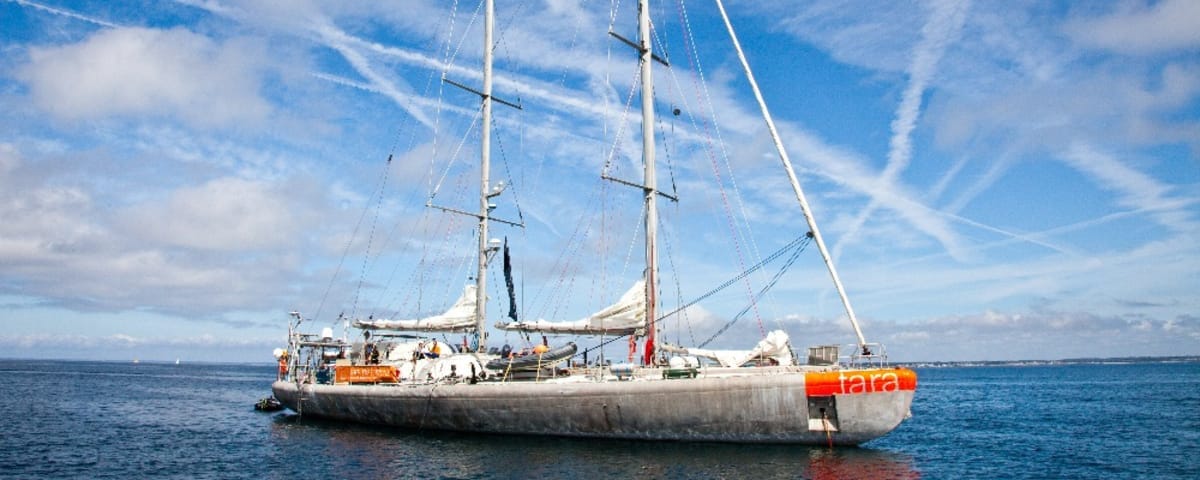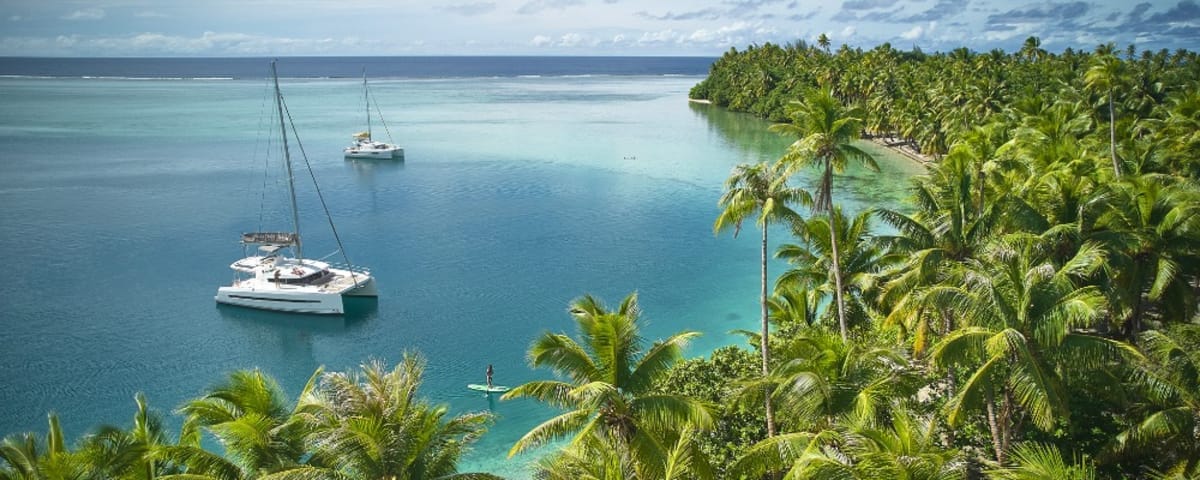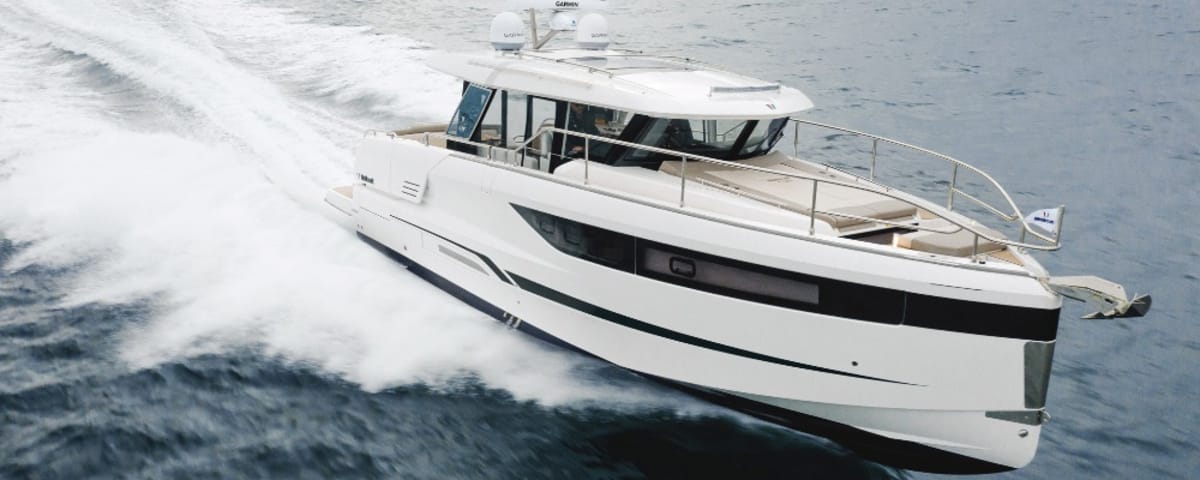A Foundation Born From a Passion for Exploration and Science
The story begins long before the foundation’s creation. Conceived in 1989 by explorer Jean-Louis Étienne, the polar schooner was initially named Antarctica. It was designed to withstand ice, capable of drifting in the pack ice. It then became Seamaster under the flag of New Zealand navigator Sir Peter Blake. After his tragic death, Étienne Bourgois, CEO of the agnès b. brand, bought the boat in 2003, with an idea in mind: to put it at the service of science and the environment.
The Tara Ocean Foundation was officially established in 2016, becoming the first foundation recognized as a public utility in France entirely dedicated to the ocean. Its mission: to understand the impacts of climate change and pollution on marine biodiversity, by producing scientific data open to the international community, and by raising awareness among the general public, decision-makers, and young people about the urgency of preserving marine life.
Ambitious Scientific Expeditions Around the Globe
Tara doesn’t just sail: it explores, analyzes, samples, compares, and transmits. Each expedition is conceived as a true scientific mission, conducted in partnership with major international laboratories and research institutions.
- Tara Arctic (2006-2008)
The schooner was deliberately trapped in ice for more than 500 days to drift with the Arctic pack ice, following in the footsteps of explorer Fridtjof Nansen. Objective: to measure the effects of global warming in this strategic region, a sentinel of the climate.
- Tara Oceans (2009-2013)
A major mission that traveled all the oceans to study plankton, this group of organisms invisible but essential to life on Earth. Result: more than 40 million new genes identified, an unprecedented planetary map, and a major advance in the role of plankton in the carbon cycle.
- Tara Mediterranean (2014)
A focus on plastic pollution in the Mediterranean, a highly exposed semi-enclosed sea. Samples reveal microplastic concentrations reaching up to 2.5 million fragments/km2. This mission alerts scientists and citizens alike to the omnipresence of these pollutants.
- Tara Pacific (2016-2018)
For more than two years, Tara explored the coral reefs of the Pacific. The objective: to understand their resilience to warming, acidification, and human activities. More than 40 sites are studied, from Asia to Panama, passing through the most isolated islands.
- Tara Microplastics (2019)
This expedition goes up ten major European rivers to understand how plastics leave the land and contaminate the seas. It highlights the key roles of watersheds, large urban areas, and human behavior in marine pollution.
- Tara Microbiomes (2020-2022)
The schooner sets off on a new scientific adventure, this time focused on the oceanic microbiome, an invisible but fundamental universe. Samples range from the surface level to 1,000 meters deep, revealing unprecedented interactions between microorganisms and climate.
Concrete Results Serving Science and the Planet
Since its first mission, Tara has collected thousands of biological, physico-chemical, and environmental samples. The results published in prestigious scientific journals (Science, Nature, etc.) have fueled more than 250 studies to date. This data is all freely accessible, in order to encourage open and collaborative science.
The major contributions concern:
- The role of plankton in climate regulation and oxygen production.
- The routes of plastic diffusion from continents to oceans.
- The unknown biodiversity of reefs and coastal ecosystems.
- The direct effects of climate change on marine ecosystems.
The Current Expedition: Tara Europa
Launched in April 2023, Tara Europa is the foundation’s new major mission. For two years, the schooner will explore the coastal ecosystems of 22 European countries, from Portugal to the Baltic Sea via the Black Sea. This time, the continental scale is favored, with a multidisciplinary approach.
The objectives are multiple:
- Study coastal biodiversity from a molecular and cellular angle.
- Identify local human pressures (pollution, urbanization, warming).
- Understand the interactions between land, rivers, and the ocean.
Scientific coordination is ensured by the EMBL (European Molecular Biology Laboratory) and around thirty partner institutions. Each stopover also gives rise to awareness-raising actions among the public and schoolchildren.
And Tomorrow? Heading for the Arctic with Tara Polar Station
The Tara Ocean Foundation doesn’t stop there. From 2026, a new project will emerge: the Tara Polar Station, a drifting scientific platform designed to withstand the ice of the Arctic for 20 years. A unique mobile base, designed as a floating meteorological and ecological station, to continuously study the effects of climate change in this strategic region.
Tara is much more than a sailboat. It is a floating laboratory, a symbol of commitment, a tool at the service of science and the planet. Thanks to its expeditions, the Tara Ocean Foundation has created a bridge between researchers, citizens, artists, and decision-makers, around a common goal: to better understand the ocean in order to better protect it.
Enjoyed this post by Thibault Helle? Subscribe for more insights and updates straight from the source.


